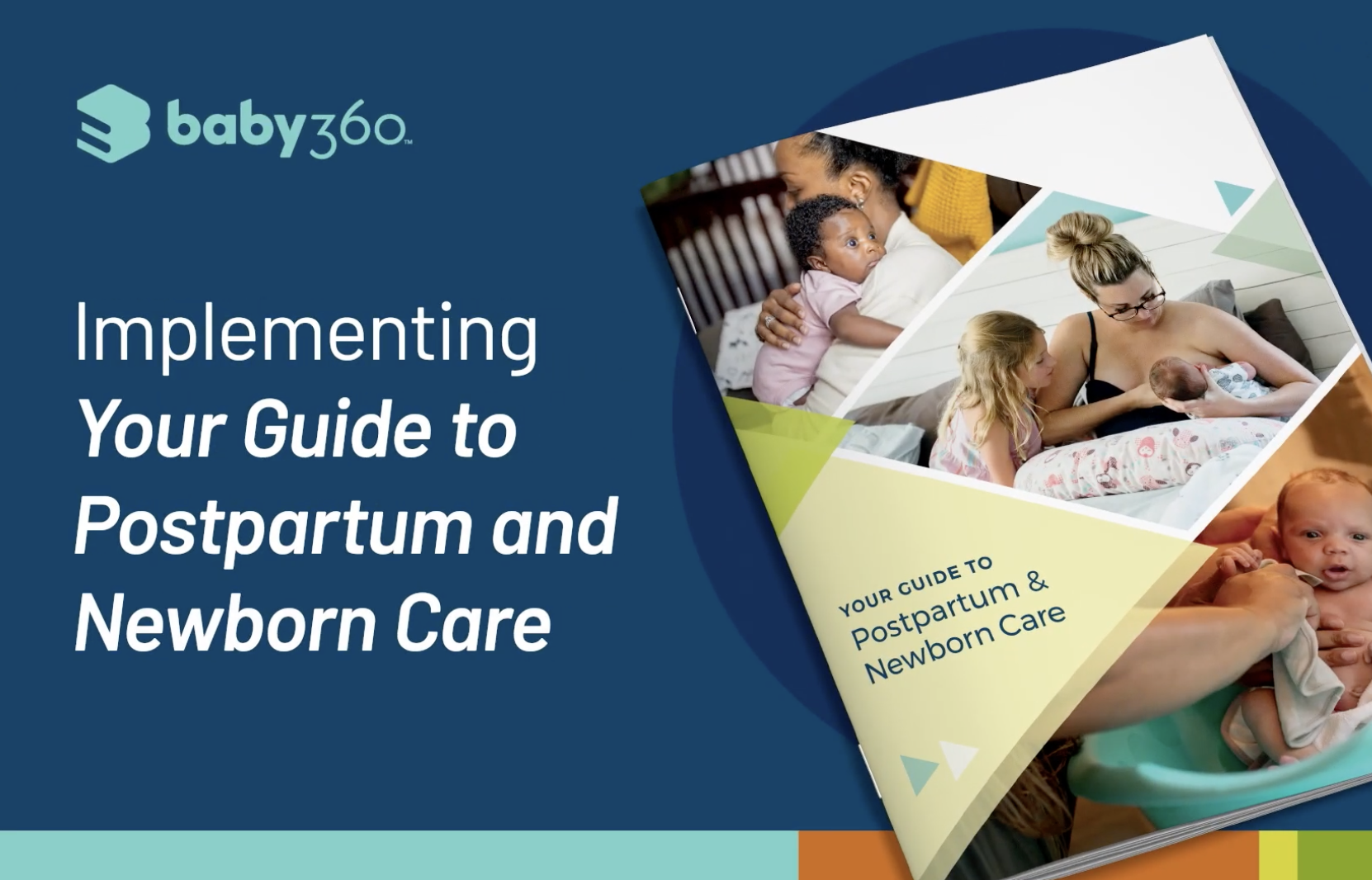Chances are, a woman in your patient’s household makes most of the care decisions – researching doctors, choosing healthcare facilities, scheduling each family member’s annual appointments, and generally overseeing the entire family’s healthcare. Many of those decisions may stem from the success or failure of the patient journey she experienced during a pregnancy. For that particular life event, she likely had multiple opportunities to interact not only with healthcare professionals and staff members, but also with many other aspects of the facility.
Obviously medical staff and quality of care are vital components of that journey. But what about the rest of the experience? Here are some of the other factors that can influence your patient’s relationship with your facility – positively or negatively.
1. Is it easy to look up providers, schedule appointments, and find information online? Tech-savvy patients expect to find information they need online and on demand. If your website is confusing to navigate or offers limited functionality, that may be a turnoff to patients.
2. Can patients access lab results at a time convenient for them – not just during specific business hours?
More and more facilities are offering patient chart portals so people can check test results when they have the time to review and digest them versus a rushed phone call in the middle of a busy day.
3. If something goes wrong, is it acknowledged and corrected?
Customer service is key in every industry. Things go wrong, but patients are more likely to return when the issue is acknowledged and they’ve had a positive encounter in response.
4. Are questions and issues followed up on or do they fall through the cracks?
Follow-up is important. If even a small thing falls through the cracks, why would your patient trust you to handle larger issues when it comes to their health?
5. Are any take-home or online education resources offered about health issues and proper care?
When you send patients home with education materials or give them access to online resources, they have the opportunity to be a more active participant in their treatment plan. They are also more likely to come back to you for more information about other health issues.
In building long-term relationships with patients, these are some of the touchpoints that make a difference. Later, when that family care manager looks for specialists, has a new or different health issue to address, or even another pregnancy, you want her to think of you as her first choice for care and treatment.
Over time, patients who have had a positive experience with all aspects of your facility are more likely to return and also bring family members. Whether it’s seamless navigation through all care departments and resources on your website or knowing that you offer quality education resources, you have multiple opportunities aside from medical care to gain a patient’s trust and build loyalty. Make as many of those as you can positive, and you’ll give your patients more reasons to choose you in the future.



